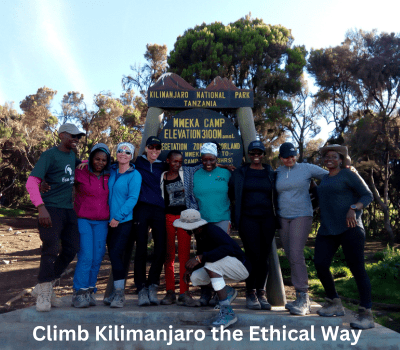Can I Climb Kilimanjaro Without Guides and Porters?
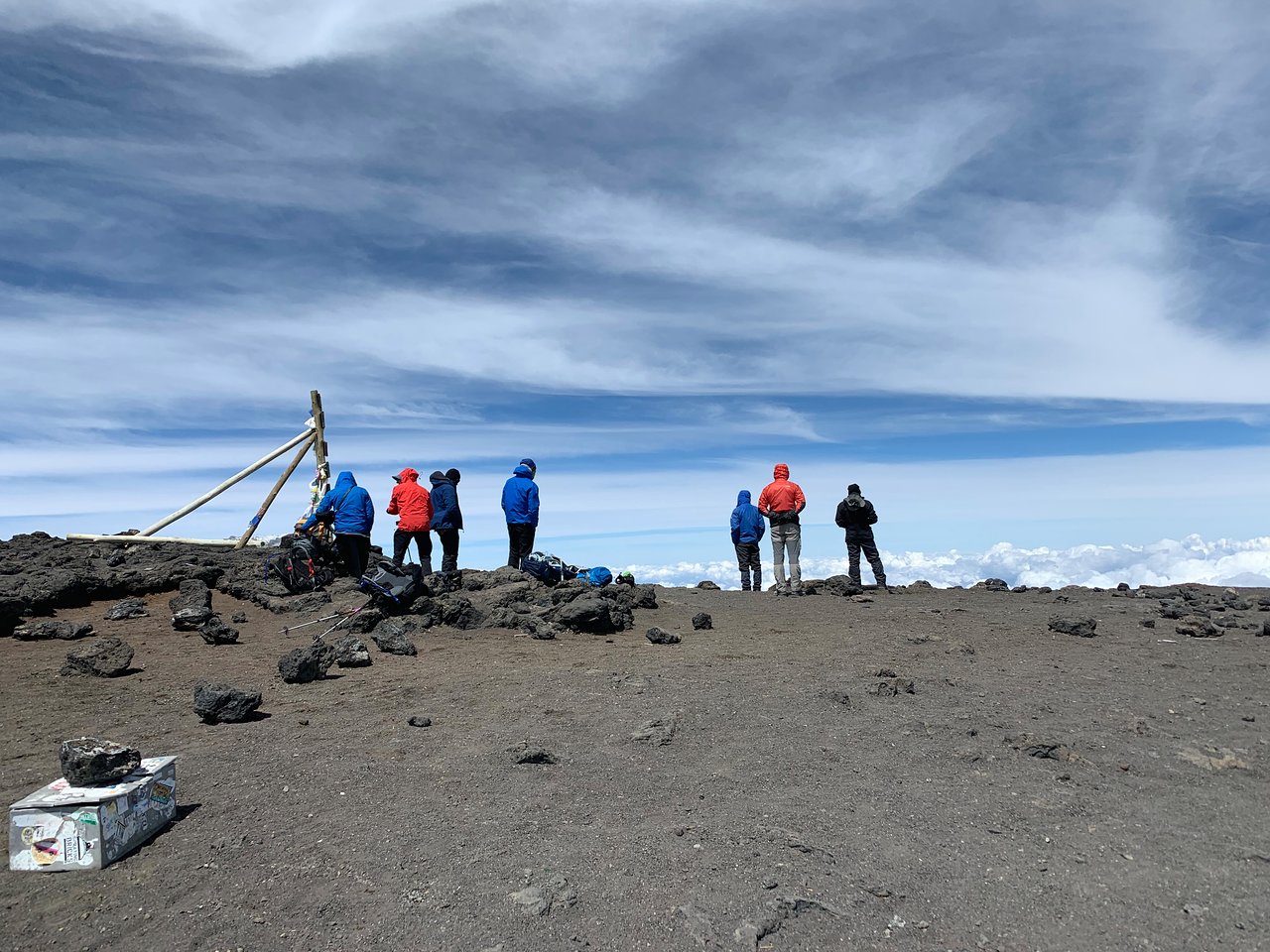
Introduction: The Appeal of Solo and Self-Supported Treks
For many seasoned hikers and mountain lovers, the idea of conquering a world-famous peak like Mount Kilimanjaro solo is deeply appealing. There’s something powerful about carrying your own pack, pitching your own tent, and setting your own pace on the trail. It’s raw, personal, and pure adventure.
Kilimanjaro, Africa’s tallest mountain at 5,895 meters, draws thousands of trekkers every year with the promise of reaching the “Roof of Africa.” But unlike many other peaks around the world, climbing Kilimanjaro solo—or without guides and porters—isn’t just discouraged. It’s outright prohibited.
In this guide, we’ll break down the facts. Can you legally and safely attempt the climb unsupported? Why does the Tanzanian government enforce strict rules? What do porters and guides actually do—and how do they enhance your success and safety? Let’s unpack everything you need to know about self-supported climbs on Kilimanjaro.
Is It Legal to Climb Kilimanjaro Without a Guide?
No, it is not legal to climb Mount Kilimanjaro without a licensed guide. The Tanzanian government, through the Tanzania National Parks Authority (TANAPA), has made it mandatory that all climbers be accompanied by a certified guide and enter the park through an approved tour operator.
This regulation applies across all established routes—including the Machame, Lemosho, Marangu, Rongai, Shira, and Northern Circuit. Rangers stationed at every park gate check permits and guide credentials. If you arrive without a guide, you will be denied entry.
This rule isn’t meant to discourage adventurous travelers—it exists to preserve safety, protect the fragile environment, and support the local economy. If you’re determined to trek without a team, Kilimanjaro isn’t the place. But that doesn’t mean your experience can’t be personal, powerful, and deeply fulfilling—with the right support.
Understanding the Role of Porters and Why They’re Essential
It’s easy to overlook the importance of porters—until you try to carry a 15kg backpack, a tent, your food, and your water up 6,000 meters. Porters are the backbone of every successful Kilimanjaro climb. They transport gear, set up camp, boil water, and even help keep morale high when exhaustion kicks in.
A typical climb includes:
- 1 certified guide per 2 climbers
- 1 cook for each group
- 2–3 porters per climber (depending on route and gear)
At Eco-Africa Climbing, we go further by providing KPAP-monitored conditions for our porters. That means fair wages, proper meals, appropriate gear, and humane workloads—unlike some operators who overburden or underpay their crew.
Porters allow climbers to focus on what matters most: enjoying the journey, staying healthy, and reaching the summit. Without them, your chances of success—and your safety—drop significantly.
Why the Tanzanian Government Requires Guides and Porters
There’s a misconception that hiring guides and porters is just about luxury. In reality, it’s about survival, sustainability, and respect. The Tanzanian government enforces this rule for several reasons:
- Safety: Kilimanjaro’s high altitude poses serious risks, including Altitude Sickness. Guides are trained to monitor symptoms and initiate evacuation if needed.
- Environmental Protection: Licensed teams are trained to minimize impact, pack out waste, and follow strict environmental rules.
- Economic Empowerment: Kilimanjaro tourism supports thousands of Tanzanians—guides, porters, chefs, and support staff.
By hiring a local team through a licensed operator like Eco-Africa Climbing, you’re not only following the law—you’re uplifting communities, conserving the environment, and improving your own summit success odds.
What Happens If You Attempt to Climb Without Support?
If you try to climb Kilimanjaro without hiring a guide and porter through a certified operator, here’s what you can expect:
- You will be stopped at the park gate and denied entry.
- If you somehow bypass the gate and are found, you’ll be removed, fined, and potentially blacklisted from Tanzanian parks.
- Travel insurance may be invalidated for unauthorized treks, meaning you’ll cover all medical or evacuation costs out of pocket.
Climbing Kilimanjaro without a team isn’t just illegal—it’s unsafe. The mountain is remote, the weather is unpredictable, and altitude can turn even the strongest hiker into a medical emergency within hours. Every year, unprepared climbers have to be evacuated by helicopter—often because they didn’t have the right guidance or support.
The bottom line? Go with a team. Not just any team, but one that values safety, ethics, and experience. That’s the Eco-Africa Climbing difference.
Breaking the Myth: Is It Cheaper to Climb Without Guides and Porters?
At first glance, you might think avoiding guides and porters saves money. But here’s the truth: since it’s illegal to climb without them, going unsupported isn’t even an option within the park system. And those who attempt it secretly often face fines, legal troubles, and emergency costs far higher than any tour package.
A proper climb through a reputable operator like Eco-Africa Climbing offers immense value for money. Your fee covers park permits, certified guides, porters, meals, tents, gear transport, and safety monitoring. We even include extras like emergency oxygen, daily health checks, and rescue readiness.
Here’s a quick look at what’s included with us:
- All park fees and permits
- Daily health monitoring (pulse oximeter + WFR guides)
- Fair wages and ethical porter support (KPAP monitored)
- Gear checklist and rental support
- Hot meals, quality tents, private toilet tents, water treatment
When you calculate the risks, logistics, and value-added services, climbing with a professional team is the smartest investment you can make.
Guided Climb vs. Self-Reliant Trekking: A Real Comparison
Let’s put the facts side-by-side. If you’re still wondering whether a guided trek is “cheating” or somehow diminishes your sense of achievement—think again. A supported climb doesn’t mean it’s easy—it means it’s possible.
| Aspect | Unsupported Climb (Illegal) | Guided Climb (Legal) |
|---|---|---|
| Park Access | Denied | Full access |
| Safety Equipment | None | Oximeter, oxygen, trained guides |
| Medical Monitoring | Not available | Daily health checks included |
| Gear Transport | Self-carried | Handled by porters |
| Chance of Summit Success | Very low | High – up to 95% with Eco-Africa Climbing |
| Legal Compliance | No | Yes |
A guided climb empowers you with structure, security, and support—so you can focus on the mental and physical challenge, not logistics.
How Guides and Porters Empower Local Communities
Climbing Kilimanjaro isn’t just about your journey—it’s about impact. When you hire guides and porters through a company like Eco-Africa Climbing, you help create real, meaningful employment in local Tanzanian communities.
We are proud partners of the Kilimanjaro Porters Assistance Project (KPAP), which ensures porters receive:
- Fair wages
- Proper meals
- Safe sleeping conditions
- Reasonable loads (max 20kg)
- Financial education and healthcare support
When you climb with KPAP-partnered operators, your adventure helps break cycles of poverty, support families, and build a sustainable tourism economy that respects labor and human dignity.
Why Having a Team Doesn’t Diminish the Adventure
Many independent trekkers fear that guided climbs mean losing their sense of autonomy. In truth, a well-organized climb gives you freedom without fear. You still hike your own pace. You still feel every step. You still earn the summit.
But you’ll also eat well, sleep better, and avoid life-threatening emergencies. You’ll summit with energy and gratitude instead of desperation. And you’ll share stories with real people who care about your success.
That’s what we deliver at Eco-Africa Climbing. Our support doesn’t remove the challenge—it magnifies the meaning.
Why Some Hikers Think About Going Without Guides and Porters
Let’s address the reasons behind the question: “Can I climb Kilimanjaro without guides and porters?” Some travelers are ultra-light purists, long-distance trekkers, or those who’ve hiked solo across the Alps, Rockies, or Himalayas. Others worry about cost, while a few simply crave complete independence.
But unlike other ranges, Kilimanjaro isn’t a backcountry free-for-all. It’s a national park with fragile ecosystems, unpredictable weather, high elevation, and a community-centric model that demands responsibility from visitors.
Here’s why many seasoned adventurers still choose support teams on Kili:
- Altitude Safety: Altitude affects even elite athletes. Professional monitoring can save your life.
- Permit Requirements: The system is designed for guide-led expeditions only.
- Cultural Respect: It’s about supporting the people and land you’re visiting.
- Better Experience: Guides offer insights, encouragement, and unforgettable companionship.
What If I Really Want to Climb Alone?
We hear you. If solitude is what you crave, you can still have it—legally and safely—by booking a private trek with your own guide and minimal crew. You’ll walk alone, eat in peace, and set your own rhythm. But behind the scenes, you’ll still have the safety net that every climber deserves.
Many of our solo clients request this style. We offer:
- 1-on-1 guiding for full privacy
- Minimalist porter support (just essentials)
- Flexible start dates and personalized pacing
This lets you preserve your independence without compromising on safety, legality, or the wellbeing of others. You still earn the summit—but you do it smart.
What Our Climbers Say About Guided Kilimanjaro Treks
Here’s what real adventurers have said about trekking with Eco-Africa Climbing:
“I thought I wanted to do it solo, but my guide Gewa was like a brother. He knew every corner of the mountain. When I got dizzy on day 3, he helped me recover—and I made the summit. I’m so glad I wasn’t alone.” – Jenny, USA
“I’ve done high-altitude hikes in Peru and Nepal, but nothing compares to the professionalism and warmth I felt with Eco-Africa. I didn’t carry anything but my day pack—and felt like a queen all the way to Uhuru Peak.” – Daniele, Italy
“Solo climbing sounds cool until you’re 15km from base camp, vomiting from altitude. My guide knew exactly what to do. I wouldn’t have made it without him.” – William, USA
Their stories are real. Their success came not from going alone—but from going supported.
Which Routes Are Best With Minimal Support?
If you want a streamlined climb, we recommend routes that balance distance, acclimatization, and privacy:
- 7 Days Machame – popular but with quieter start days
- 7 Days Lemosho – scenic, less crowded, and great for solo trekkers
- 9 Days Northern Circuit – the most isolated, best for reflection
Pair any of these with a private booking and request a minimal crew. We’ll tailor it to your comfort, ethics, and goals.
Conclusion: You Can’t Climb Alone — And That’s a Good Thing
While the idea of climbing Mount Kilimanjaro without guides or porters may sound appealing to ultra-independent adventurers, the reality is clear: it’s not legal, not safe, and not responsible. But that doesn’t mean you lose your sense of challenge or adventure.
Hiring a guide and porters isn’t about luxury—it’s about support, survival, and sustainability. It’s how you turn a difficult climb into a transformative one. And with a company like Eco-Africa Climbing, you’re not just hiring a service—you’re joining a movement of ethical travel, environmental stewardship, and cultural respect.
So go with a guide. Walk with porters. And summit knowing that you did it right—for yourself, for others, and for the mountain.
Frequently Asked Questions (FAQs)
Is there any way to get permission to climb Kilimanjaro without a guide?
No. The Tanzanian government requires all climbers to be accompanied by licensed guides through an authorized operator. There are no exceptions.
Can I carry all my own gear but still use a guide?
Yes. You can choose to carry your own backpack and opt for minimal porter support while still complying with park regulations. Let us know your preference when booking your climb.
How many porters do I need for a private climb?
We’ll assign just enough crew to cover essential gear and safety needs. Usually, one cook, one or two porters, and your personal guide are sufficient for minimal-style climbs.
Are all guides certified in first aid?
At Eco-Africa Climbing, all our guides are Wilderness First Responder (WFR) certified and trained in altitude illness recognition and emergency procedures.
How can I make my climb more ethical?
Choose a KPAP-partnered operator like us. We ensure ethical treatment of porters, leave no trace practices, and support for local communities.
Plan Your Ethical Kilimanjaro Climb With the Right Support
Whether you want to climb light, go private, or share your journey with a group—we’ve got you. Explore our top supported routes:
- 8 Days Lemosho Route – our top pick for first-timers and solo climbers
- 9 Days Northern Circuit – our best acclimatization route
- 7 Days Machame Route – our most popular classic route
Get started with a free quote or check our booking request form. Your summit awaits—and we’ll get you there the right way.
Share:
Related Posts
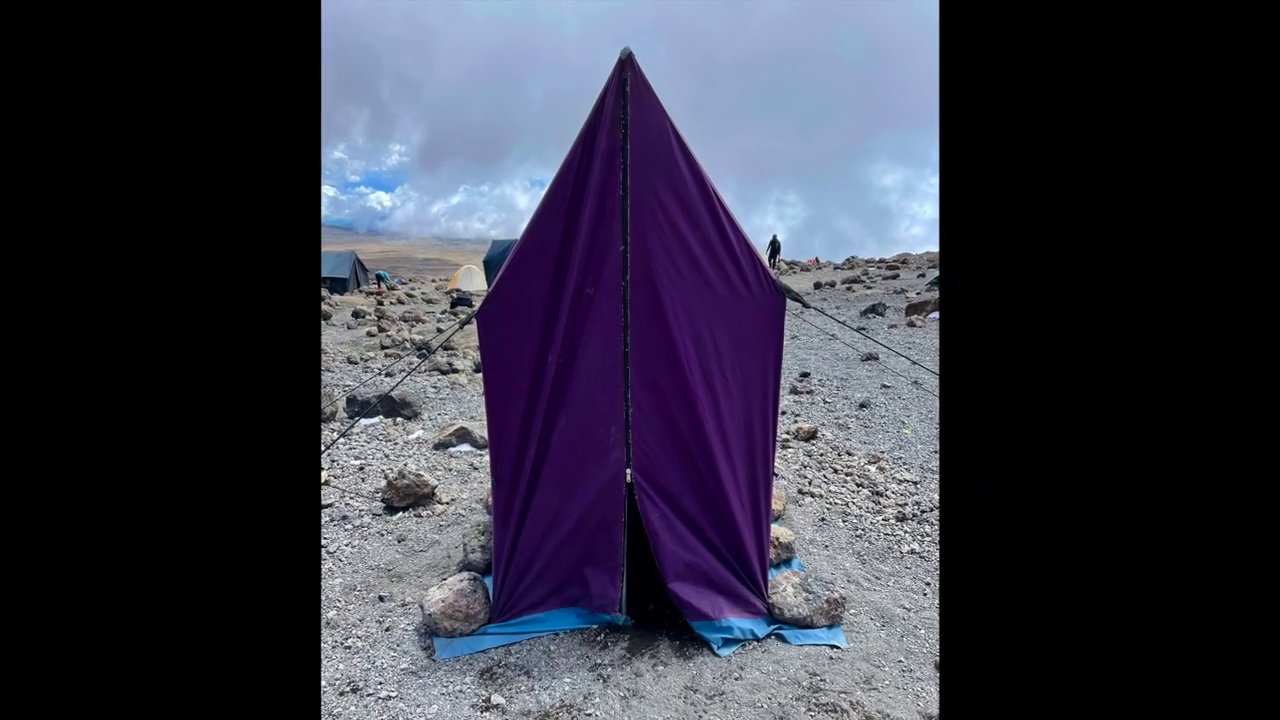
bathroom on mountain kilimanjaro
Bathroom on Mountain Kilimanjaro: What to Expect and How to Prepare Introduction One of the most common — and least discussed — questions from people
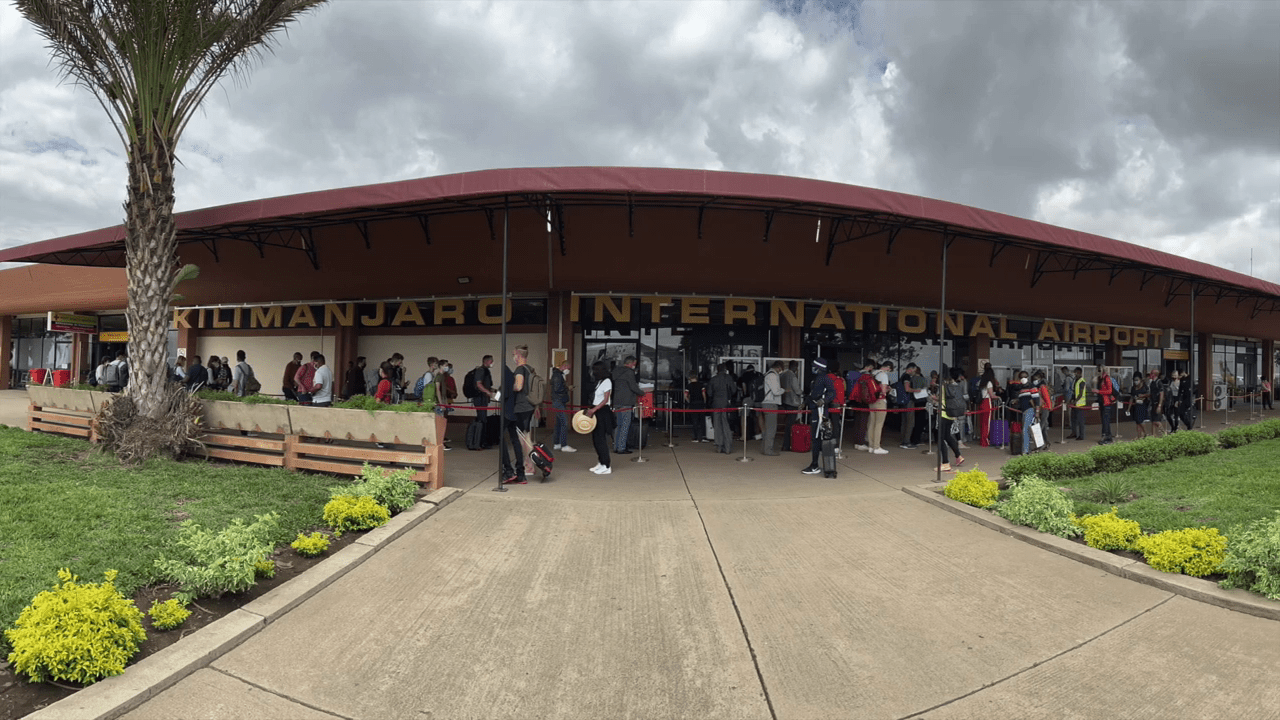
Are Guides Readily Available in Tanzania Without Prior Booking?
Are Guides Readily Available in Tanzania Without Prior Booking? Introduction: Should You Risk Climbing Without Pre-Booking? Climbing Mount Kilimanjaro is a dream for many adventurers.
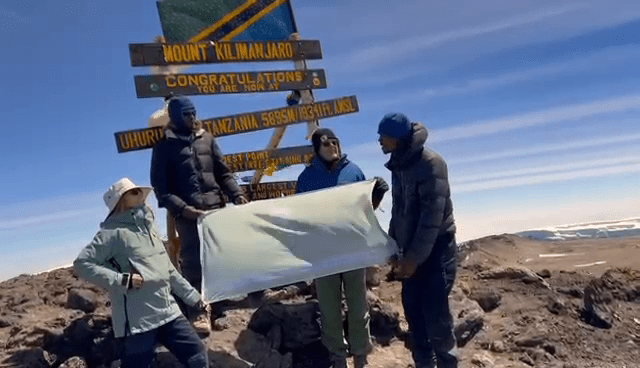
How Can I Find a Reliable Local Guide for My Kilimanjaro Expedition?
How Can I Find a Reliable Local Guide for My Kilimanjaro Expedition? Introduction: Why the Right Guide Is Key to Kilimanjaro Success Climbing Mount Kilimanjaro
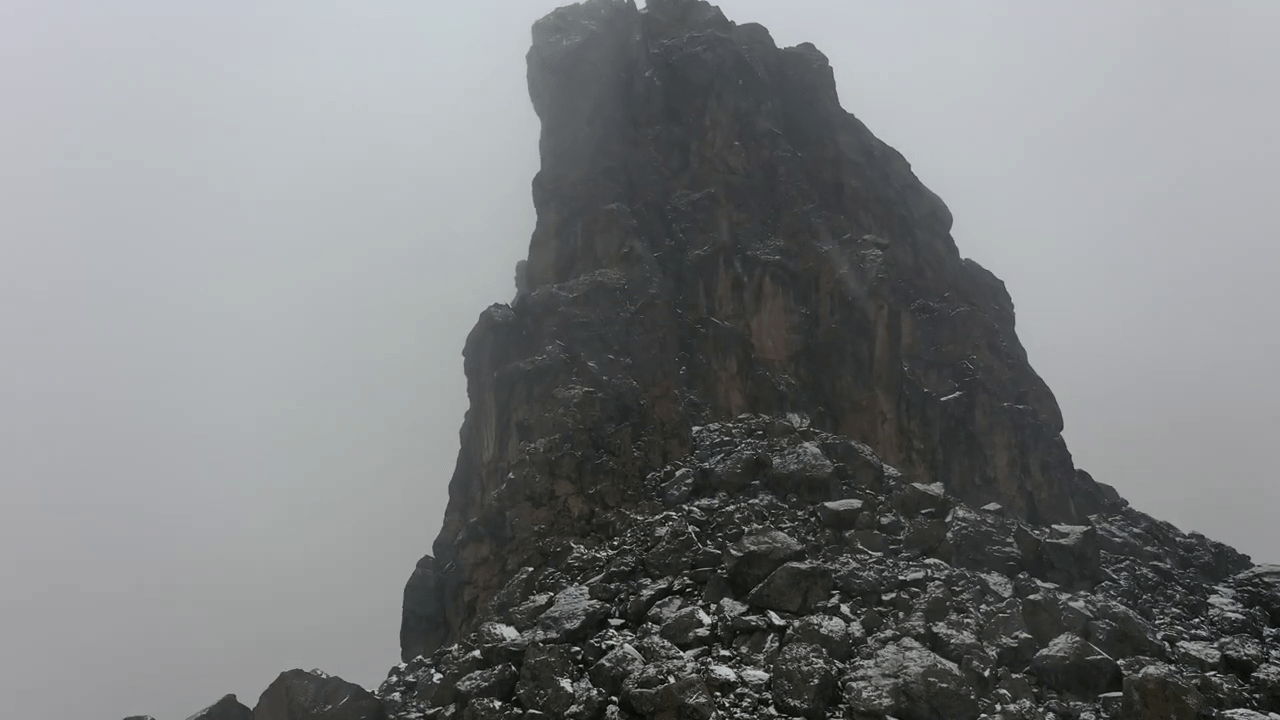
Is Climbing Kilimanjaro Dangerous for Individuals Without Mountaineering Experience?
Is Climbing Kilimanjaro Dangerous for Individuals Without Mountaineering Experience? Introduction: The Myth of Danger and Experience Many aspiring adventurers wonder if climbing Mount Kilimanjaro is
